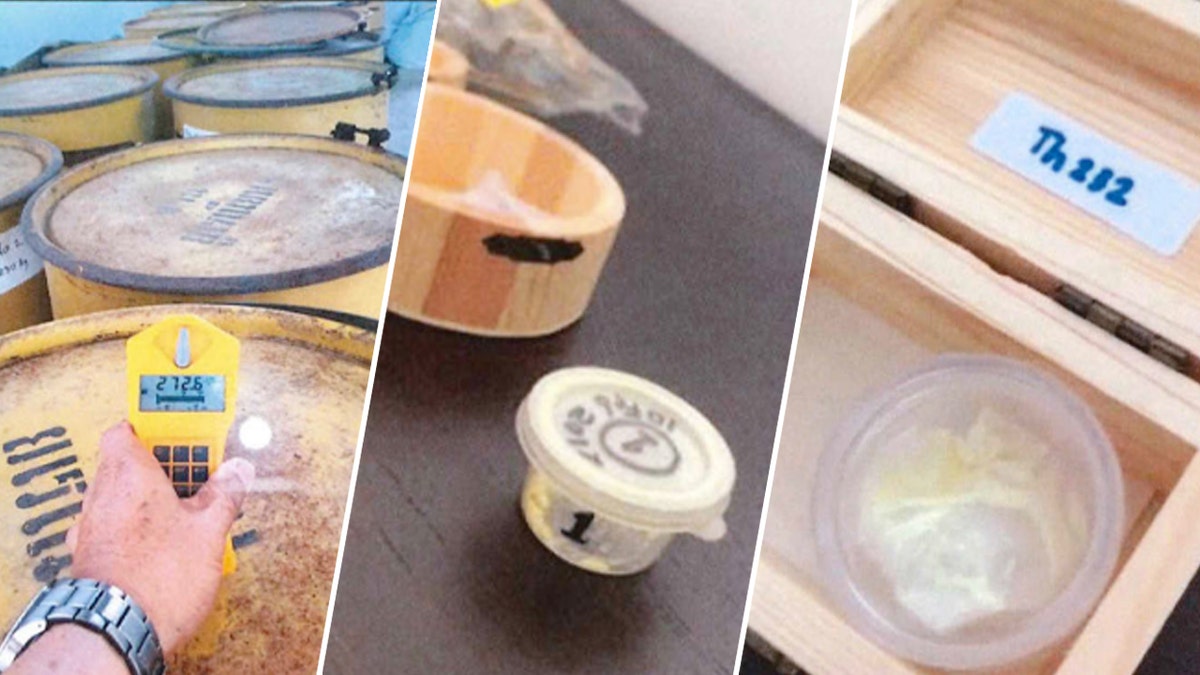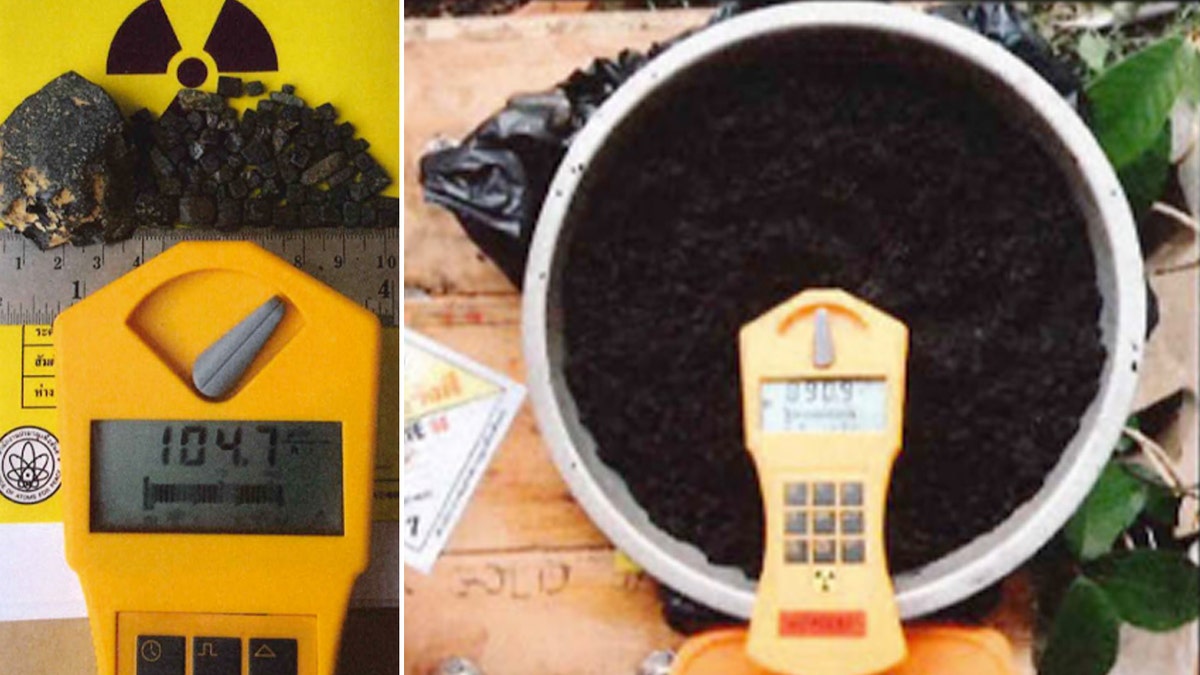Takeshi Ebisawa, the alleged 60-year-old head of a Japanese yakuza syndicate, admitted guilt in a Manhattan federal court to a range of serious international crimes. Ebisawa's illicit activities spanned nuclear material trafficking, drug smuggling, and weapons dealing, impacting regions from Burma to the United States.

Takeshi Ebisawa, pictured above, is now convicted in a complex international crime operation. (Southern District of New York)
Ebisawa's downfall began with a DEA investigation that started in 2019. Unknowingly, he connected an undercover DEA agent, posing as a trafficker, with his criminal network across various countries. This network facilitated negotiations for substantial narcotics and weapons deals.
Ebisawa's operations involved procuring surface-to-air missiles and other heavy weaponry for armed groups in Burma. He intended to exchange these weapons for large heroin and methamphetamine shipments, destined for distribution in New York. The weapons were believed to have originated from U.S. military bases in Afghanistan.
Beyond arms and drugs, Ebisawa also engaged in nuclear material trafficking. He presented photos of radioactive substances to the undercover agent, along with lab results indicating uranium and thorium. Ebisawa aimed to sell these materials, including weapons-grade plutonium, to someone posing as an Iranian general for a nuclear weapons program.
Ebisawa and his associates showcased “yellowcake” uranium samples to the undercover agent in a Thailand hotel room. These samples, later seized by Thai authorities and transferred to U.S. law enforcement, were confirmed to contain uranium, thorium, and weapons-grade plutonium.

Nuclear samples, described as "yellowcake," were seized with the assistance of Thai authorities. (Southern District of New York)

Additional photos of the seized nuclear samples were included as evidence. (Southern District of New York)
Following his arrest in a 2022 DEA sting operation, Ebisawa pleaded guilty to six charges, including narcotics importation conspiracy, nuclear material trafficking, weapons possession, and money laundering. These charges carry severe penalties, including a potential life sentence. His conviction underscores the Justice Department's commitment to pursuing individuals involved in organized crime and threats to national security.
Comments(0)
Top Comments